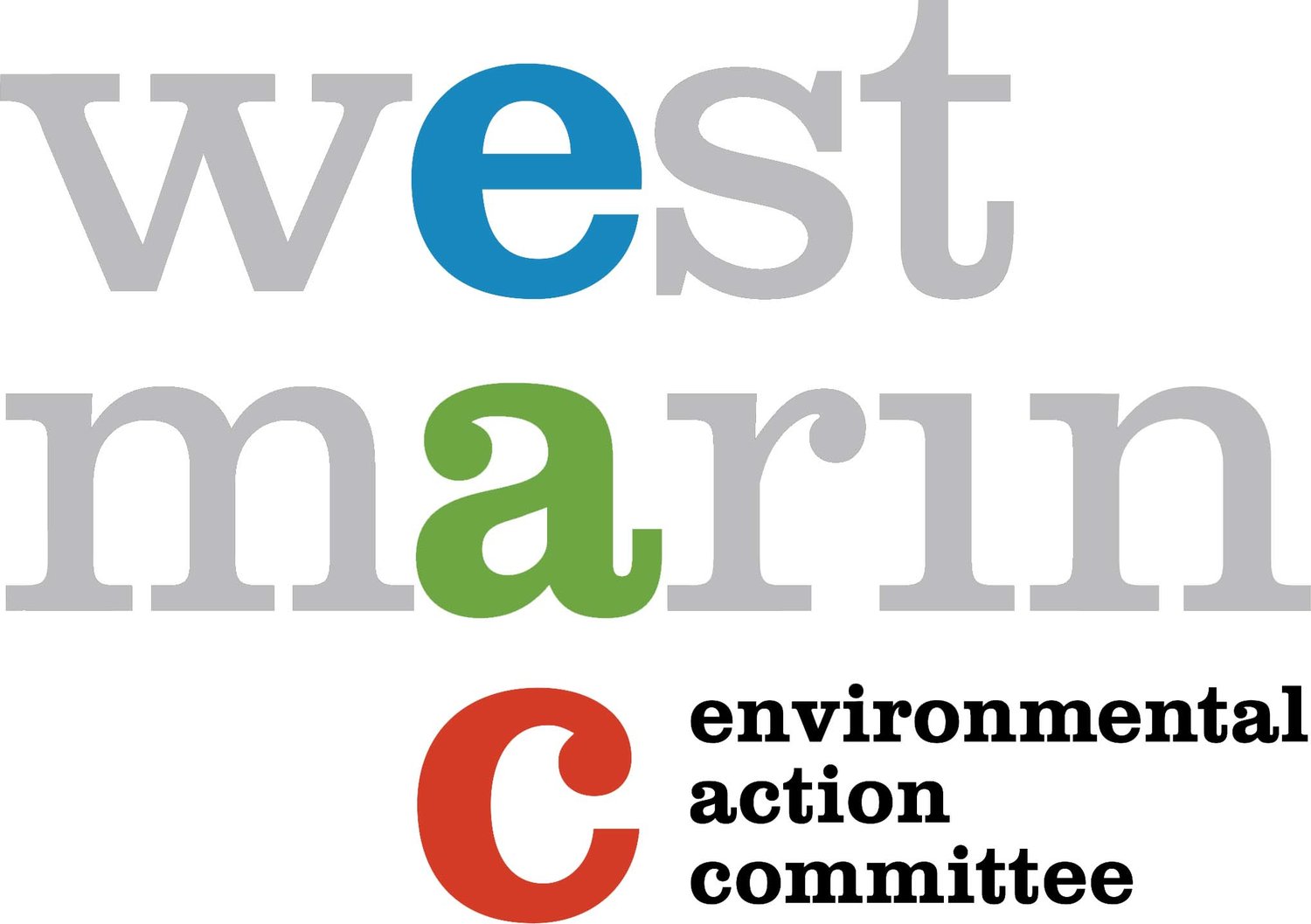West Marin Mosquito Council (WMCC)
EAC is a proud council member of the West Marin Mosquito Council (WMMC). The WMMC is a community group composed of representatives of our local public utilities and environmental groups focused on the use of pesticides in West Marin.
EAC’s executive director, Ashley Eagle-Gibbs, is Co-Chair of the WMCC.
West marin mosquito council
In 2004, West Marin was annexed into the Marin Sonoma Mosquito & Vector Control District (MSMVCD). Vector Control Districts have very broad power to abate vectors (CA Health and Safety Code Division 3, Section 2040-2055 and Division 3, Section 2060-2067).
In response to the proposed use of toxic chemicals being introduced to the environment to abate mosquitoes, 80% of Bolinas voters approved a poll to direct Bolinas Community Public Utility District (BCPUD) to take measures to protect against the use of pesticides within BCPUD boundaries, the Bolinas Lagoon, and its watershed.
Residents of greater West Marin supported this approach, and the original advisory committee expanded in 2006 and became the West Marin Mosquito Control Coordinating Council (WMMCCC, or simply West Marin Mosquito Council). The expanded council consists of 18 representatives from West Marin unincorporated villages, special districts, state and national parks, and organic and environmental organizations.
In 2006, a non-toxic protocol was signed, limiting the methods used to control mosquitoes in West Marin to education, prevention (physical and mechanical), and biologic treatments approved for certified organic farms.
The introduction of toxic pesticides and herbicides into the environment threatens aquatic and terrestrial wildlife, human health, our local economy, organic farms, and gardens. The West Marin Mosquito Council Agreement ensures the precautionary principle is in effect by limiting the introduction of toxic pesticides and herbicides into our environment. This agreement is a model for other communities in Marin County and beyond.
The original agreement was updated and renewed in 2007 and in 2009 was extended for a period of five years (2014). The agreement has been continually updated and signed every five years. In May 2025, WMCC signed a new five-year agreement that protects West Marin.
wmmc and vector control
The WMMC agreement restricts the MSMVCD’s use of pesticides.
The most important method is for the MSMVCD to first address the cause of mosquitoes. West Marin residents are strongly encouraged to be sure their septic systems are properly sealed and that they walk their properties on a regular basis to assure there is no standing water. Learn more about ways to minimize mosquito sources around the home.
The first-line use of chemicals for treatment of mosquitos by the MSMVCD is to use Organic Materials Review Institute (OMRI) approved pesticides.
Improperly sealed and covered septic tanks are responsible for the majority of mosquito breeding problems in West Marin.
Tomales Bay Watershed includes the San Geronimo Valley, which is currently not included in the WMMC and MSMVCD agreement to limit the use of pesticides.
EAC’s Position
As one of the WMMC members representing environmental interests, EAC must consider the environmental impacts introduced pesticides have on residents and sensitive ecosystems.
We believe that the use of pesticides that are not OMRI listed are incompatible with the protection of West Marin’s community health, watersheds, organic farms, and wildlife. However, we are aware that such pesticides may be needed in rare occasions, especially for septic systems that are not properly sealed. That said, we believe the first-line of pesticides used should always be OMRI-approved.
Inclusion of the San Geronimo Valley is critical for a healthy Tomales Bay watershed. EAC will continue working on this issue to ensure the San Geronimo Valley will be included in the future.
Prevention is critical and must be addressed. Public outreach, education, and prevention programs to seal and screen septic tanks in West Marin villages is important to reduce the number of mosquitos in our area without the use of pesticides.








